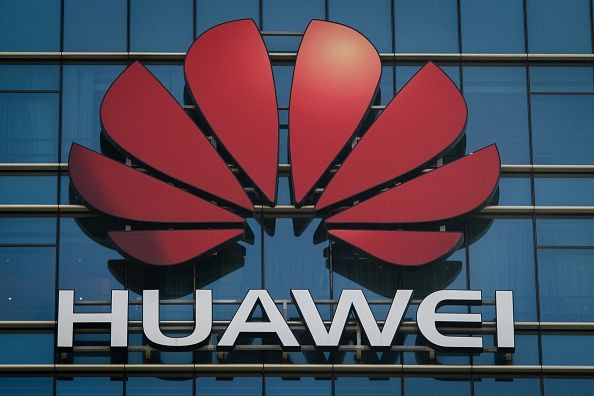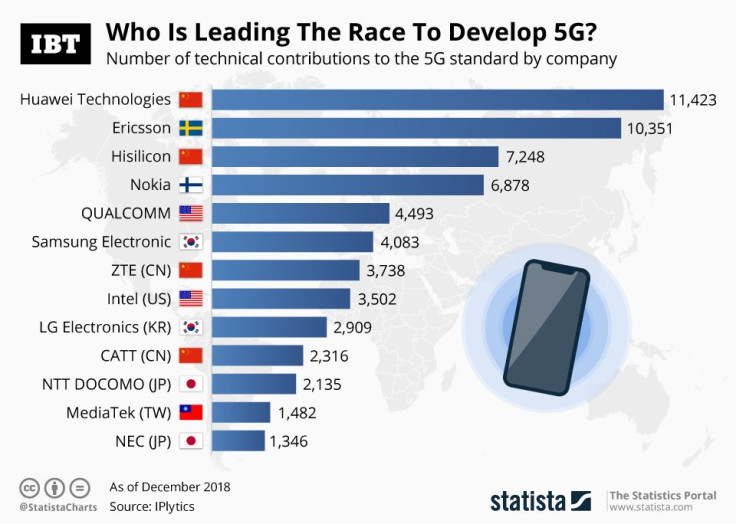Huawei’s CEO Claims Ban Is The ‘Start Of The US Falling Behind’

Huawei’s CEO claims that the U.S. will “start” to fall behind because of the recent trade ban.
While Huawei remains uncertain about its smartphones’ future with the Android mobile platform, its CEO continues to boast about the company’s “advanced technologies” and claimed that if the U.S. government would continue to ban it from making any dealings with any U.S. company, the U.S. would fall way behind it.
In an hour-long interview with Yahoo Finance, Huawei CEO Ren Zhengfei boasted about his company’s advanced technologies and its capacity to survive even without sourcing components from U.S. tech firms.
Ren admitted that the Chinese tech giant wasn’t ready for when U.S. President Donald Trump decided to add it to the Entity List, prohibiting any U.S. company from making any dealings with it. According to Huawei’s executives, the company was affected by it in a huge way.
Because of concerns related to components and updates particluarly for Android, Huawei’s sales dropped by as much as 40% in some markets in the first two weeks after President Trump added it to the Entity List. Ren said Huawei was unprepared for such an event to happen.
After a review, however, Huawei found that it can continue doing business without sourcing core components from U.S. firms. It then decided to do away with some non-core products that rely heavily on components sourced from the U.S.
Now that President Trump has softened his stance on Huawei, Ren said the company is now able to source “less critical components” from the U.S. again.
Fall behind
Despite what the Chinese company experienced from the recent trade ban, its CEO remains bullish about its capabilities and continues to be proud of what it can offer, particularly 5G.
Ren said that while the U.S. is “very strong,” it doesn’t have “cutting-edge chips” designed for 5G. Huawei, he said, “is the sole provider of many cutting-edge chips” including optical chips used in smartphone cameras and the growing 5G network.
Ren believes that the future of Internet of Things involves very fast connections, and that by banning Huawei, the U.S. will be on the losing end.
“Even if they have supercomputers and super-large-capacity connections, the U.S. might still fall behind because they don't have super-fast connections,” Ren said. “Shutting Huawei out is the start of the U.S. falling behind.”

© Copyright IBTimes 2024. All rights reserved.




















